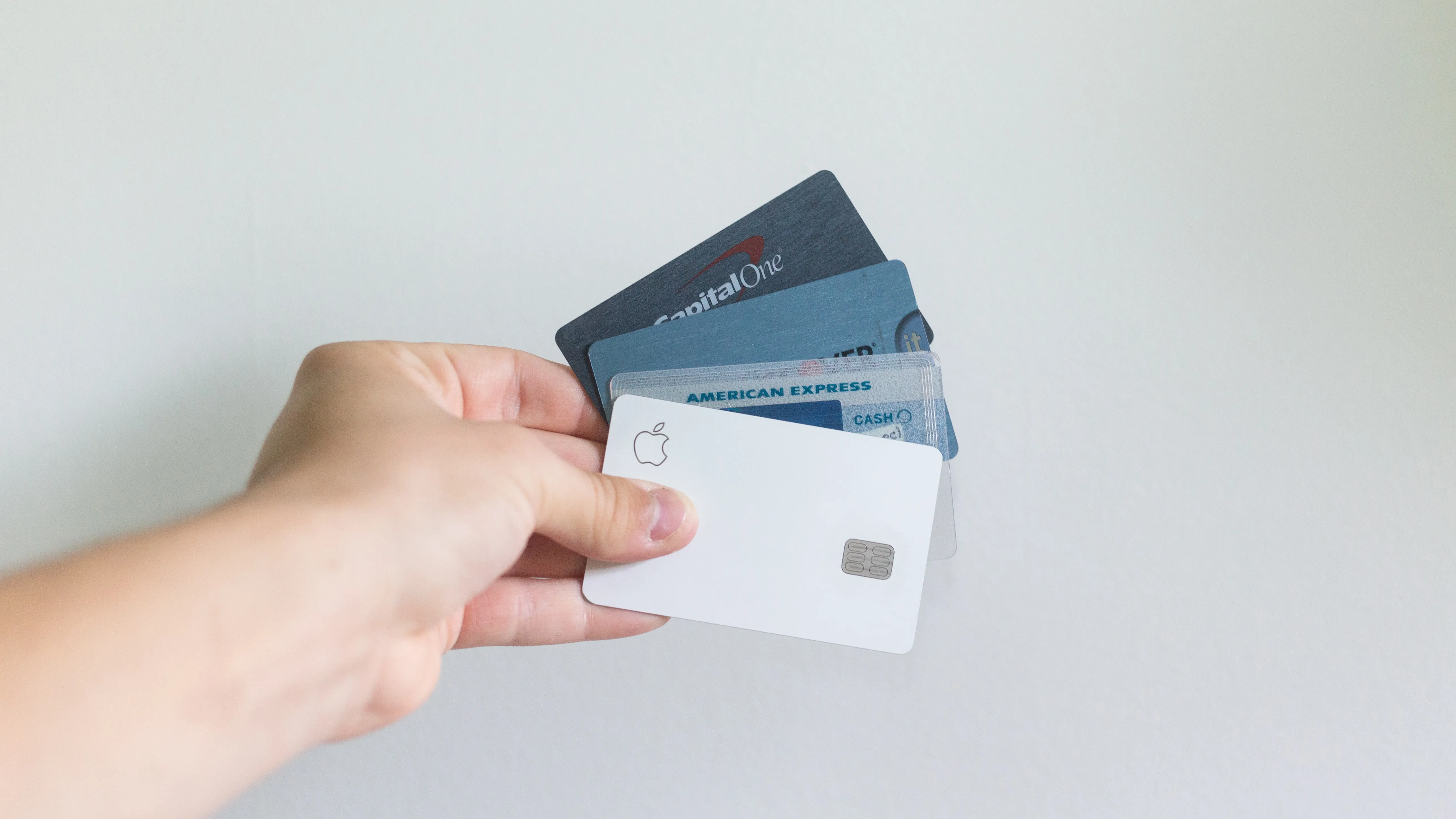How to Avoid Impulse Buying: Practical Strategies for Better Money Management
Impulse buying can be a financial pitfall for many people. It often leads to unnecessary purchases and buyer's remorse. To help you curb this habit and make more mindful spending choices, consider the following strategies.

#1 Set and Remember Your Goals
Keep your financial and personal goals in mind before spending money. Whether you're paying down debt, saving for a rainy day or planning a dream vacation, remind yourself that impulse purchases can hinder your progress toward these objectives.
With that in mind...
#2 Reduce Online Shopping
Online shopping makes it too easy to browse and buy impulsively. To combat this, opt to shop in physical stores (and only when you actually need something), so you can physically assess the item. Avoid frequently visiting online retailers, as they often target you with tempting offers based on your past purchases.
#3 Limit Visits to Shopping Areas
Avoid frequent trips to shopping areas unless it's for essential items. Browsing stores when you're bored or looking for something to do can tempt you into buying things you don't need. Instead, spend your free time in places that don't involve retail therapy.

#4 Plan and Stick to a List
Before going shopping, create a strict list of necessities. Stick to this list, and plan your shopping route accordingly to avoid being lured by unnecessary items. Following a structured plan can keep impulse buying at bay. If you find yourself being tempted, consider how impulse purchases made you feel, both immediately and over time. Did they bring lasting happiness, or did they lead to regret? Reflecting on these feelings can help you make more conscious choices.
#5 Create a Waiting List for Big Purchases
Write down desired purchases and wait for 30 days. If you still want it after a month, consider buying it; otherwise, appreciate your restraint.
In the interim...
#6 Find Free Ways to Reward Yourself
Rather than splurging on material goods to celebrate accomplishments, seek cheap or non-monetary rewards. Treat yourself to experiences like a picnic in the park, a relaxing bath, or a day outdoors, which can be just as fulfilling without the financial strain.

Conclusion
Impulse buying can strain your finances and lead to buyer's remorse. By implementing these five strategies, you can gain better control over your spending habits, make more mindful choices, and work towards your financial goals. Remember that occasional indulgence is okay, but moderation and conscious decision-making are key to maintaining a healthy financial life.
FAQs (Frequently Asked Questions):
Q: Why is impulse buying a problem?
Impulse buying can lead to unnecessary spending, financial stress, and clutter. It often involves purchasing items you don't truly need or want, driven by spur-of-the-moment emotions.
Q: How can I break the habit of impulse buying?
Start by implementing a 30 day waiting rule, limit shopping trips, seek non-material rewards, be cautious with online shopping, and keep your goals in mind to curb impulse buying.
Q: Are there benefits to impulse buying?
Occasional impulse buying can offer moments of spontaneity and excitement. However, excessive or frequent impulse buying can harm your finances and clutter your life.
Q: What if I still want the item after the 30-day waiting period?
If you still desire the item after 30 days, and it aligns with your needs and budget, it's reasonable to purchase it. Just ensure it doesn't jeopardize your financial goals.
Q: How can I resist the allure of online shopping websites?
To resist online shopping temptations, avoid frequent visits to e-commerce platforms, unsubscribe from marketing emails, and opt to shop in physical stores when feasible to assess items before buying.



